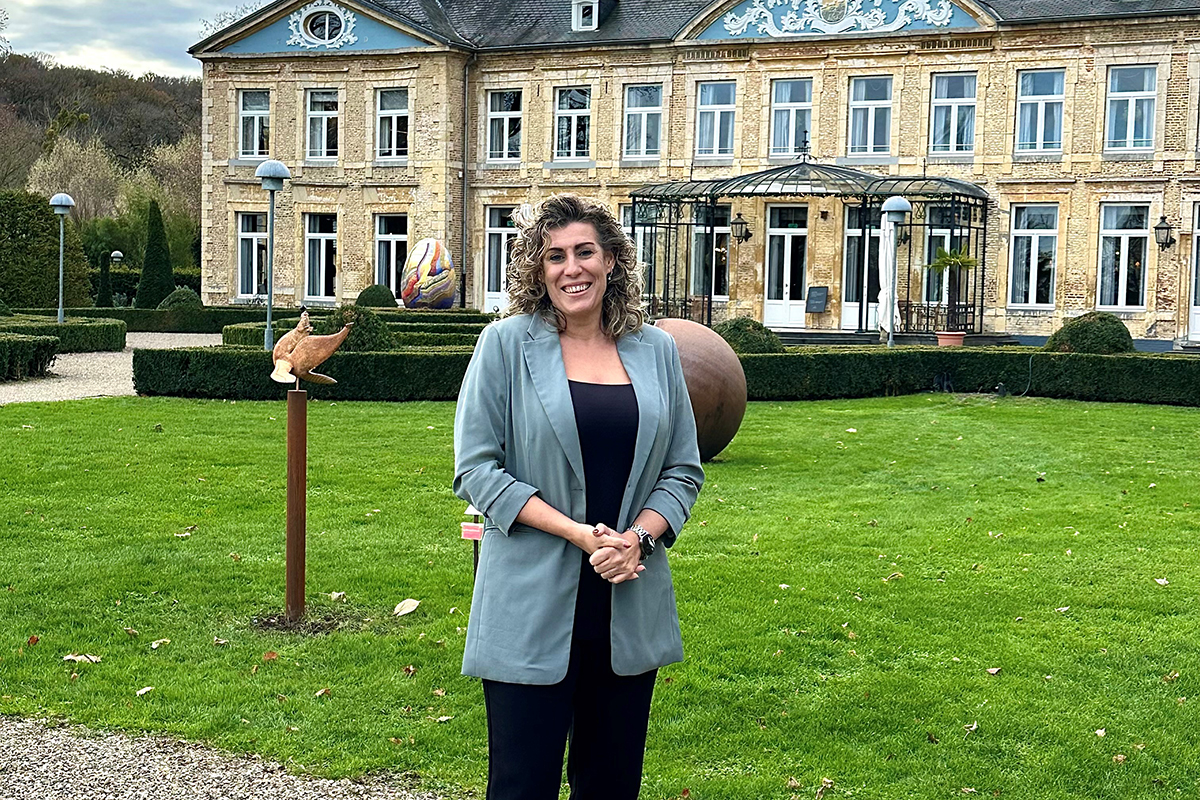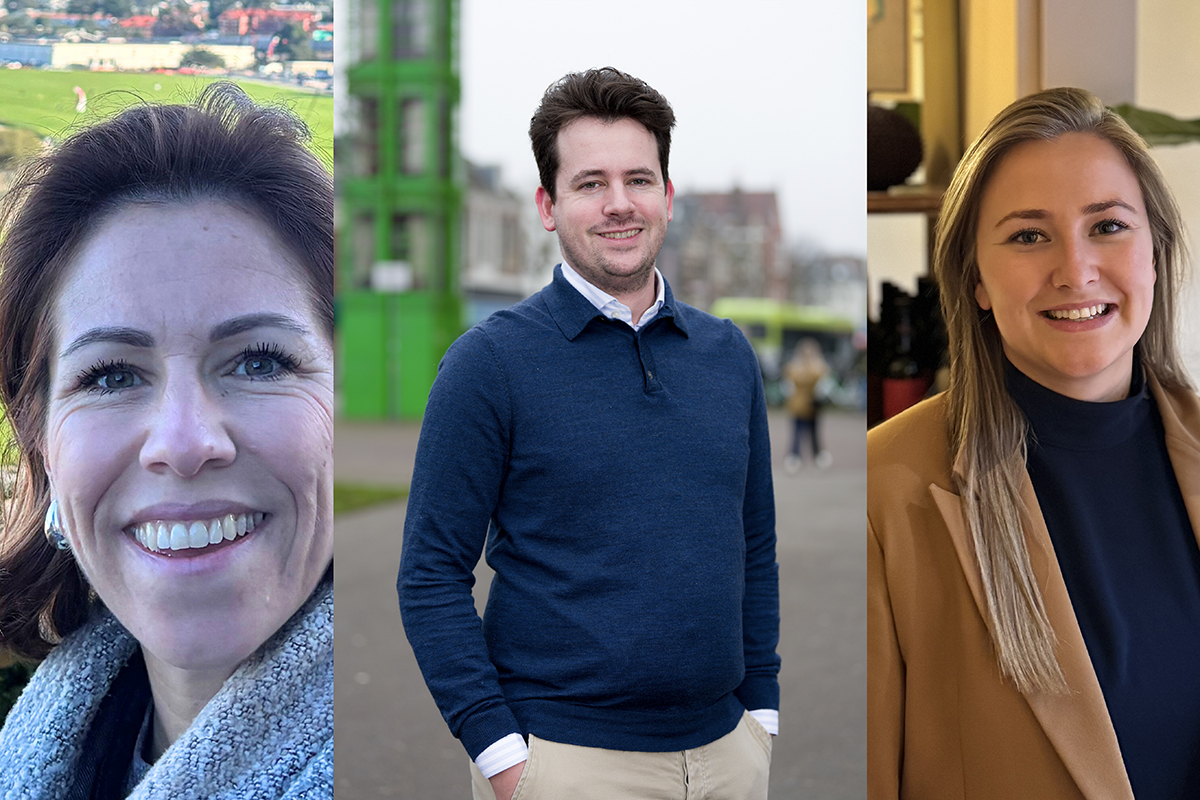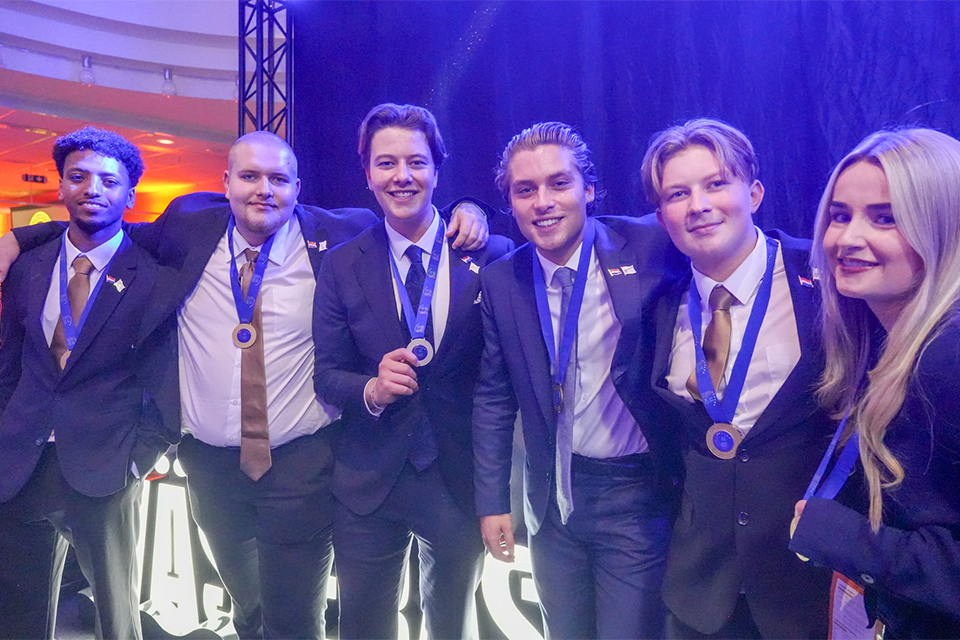
Hospitality is the business of connection
College president of Hotelschool The Hague Jos Vranken
Hotelschool The Hague is known worldwide as a breeding ground for top talent in the hospitality sector. Since April, Jos Vranken has been at the helm as the new college president. Hotelvak spoke to him about a sector under pressure. An ageing population, staff shortages, robotisation and the urgency of sustainability are forcing the hospitality world to reinvent itself, but human contact remains the basis.
After seventeen years as director of NBTC, where his responsibilities included national tourism policy Perspective 2030, Vranken consciously made the switch to education. “I enjoyed giving guest lectures and had been thinking for some time: maybe I want to contribute more structurally. When the vacancy at Hotelschool The Hague came my way, the choice was quickly made. What could be better than working on the sector's roots by training future leaders?”
Vranken calls himself an approachable and subservient leader. “What you see is what you get. I don't play a role, I believe in what Hotelschool The Hague stands for and want to actively propagate that. Vision is important, but you also have to translate it into action. Otherwise it remains just fine words. You have to believe in something and then do it.”
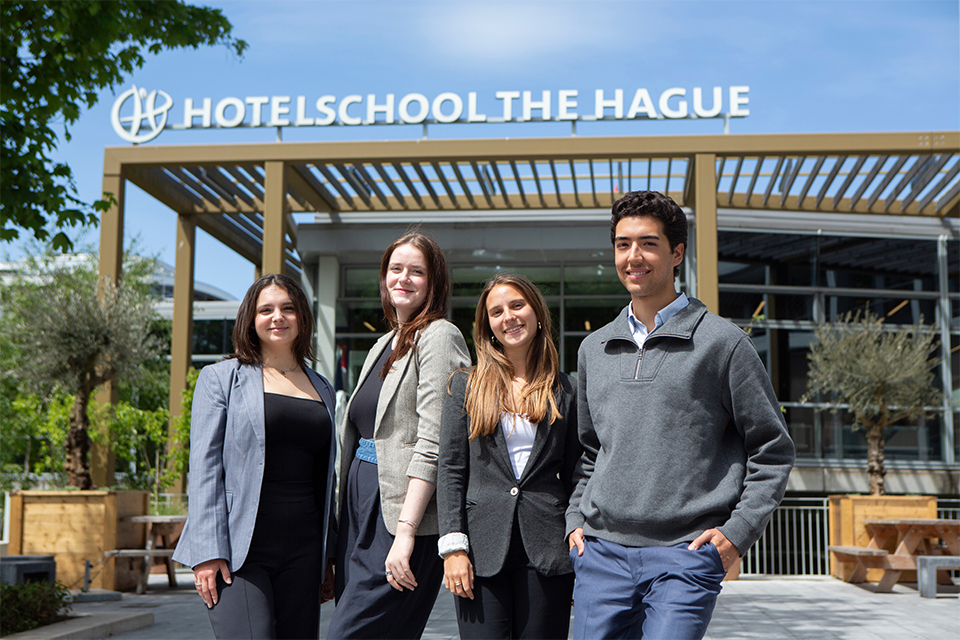
A sector full of challenges
The challenges facing the sector are large and concrete. The labour market remains tight, technological developments are changing the way we work, and sustainability targets are becoming more stringent. “However, meeting and discovering remain at the heart of our sector. We bring people into contact with other countries, cultures and cuisines. You learn from and about each other, and that interaction is crucial. Especially at a time when polarisation is lurking and differences sometimes seem bigger than they are, connection is a powerful answer.”
Vranken also sees a clear role for education in this. He refers to the recent political dossier surrounding the Internationalisation in Balance Act (WIB). “If you restrict the intake of international students too much, you cut into one of the strongest aspects of our education: actively linking Dutch and international students so they learn from each other. The hospitality sector is border-crossing, so education should be too. In our classrooms, you not only learn theory, but experience the added value of cultural diversity on a daily basis. Cuts or restrictions in this area directly affect the roots of our future.”
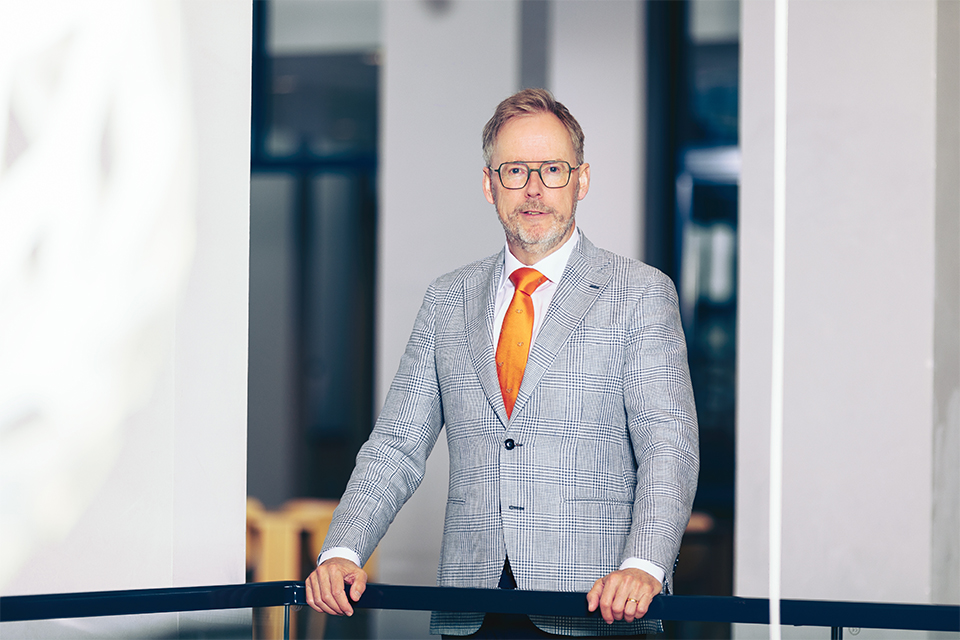
Education that lands directly in practice
The connection between theory and practice is one of the pillars of the Hotel School. Right from the first year, students work in teams in which third-year students act as supervisors for first-year students. “That is leadership in practice: thinking and doing. We don't train paper theorists, but thinking doers.”
Collaboration with industry is also intensive. “There is more demand for our students than supply, both for internships and jobs after graduation. That is a compliment to the strength of our education as well as to our students. They come with skills, mindset and experience that the professional field can put to work immediately. They know how to translate hospitality into both commercial and social value.”
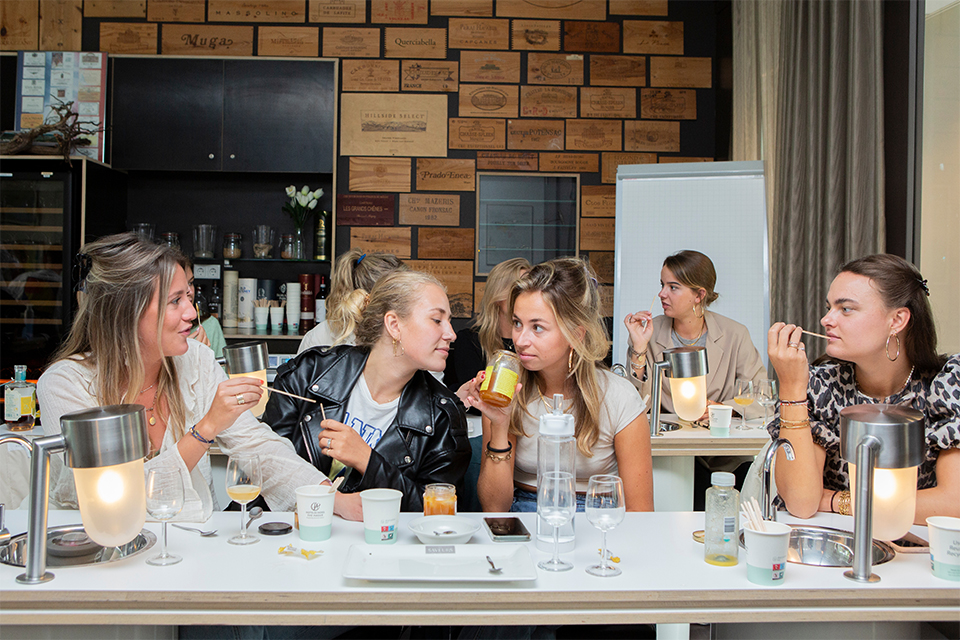
Building bridges, managing visitor flows
Vranken views the long term with confidence, but not without warning. “Travel behaviour will continue to increase in the coming decades. This means that, as a sector, we must actively think and participate in managing visitor flows. Not just focusing on profit, but also steering for positive ecological and social impact. A healthy operation and net positive for society.”
In doing so, he wants the Hotel School to further strengthen its role as a bridge builder: between students and the professional field, between nationalities, between cultures. “Our strength lies in that interaction. Whether in the classroom or in the international hospitality market: connection is always the starting point. Hospitality is essentially a vehicle to bring people together, open new perspectives and develop respect for differences. We need to nurture and propagate those values.”
